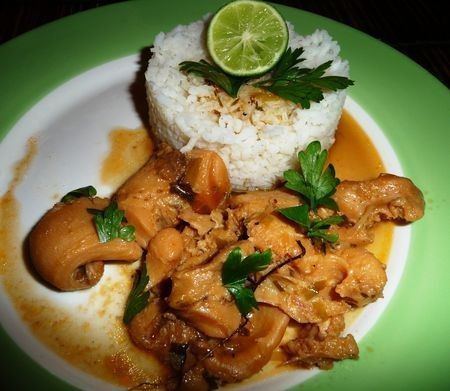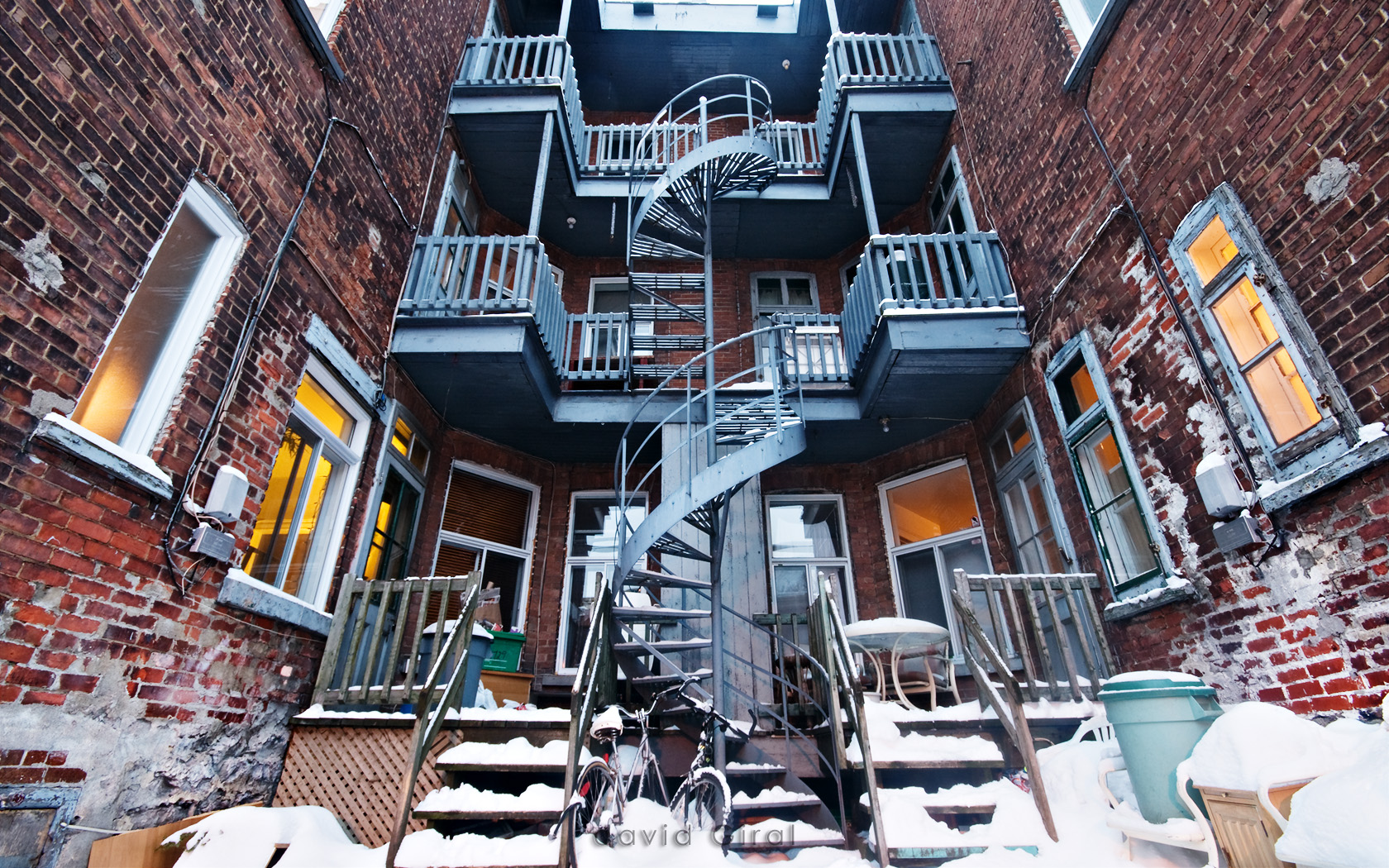It's been a while! It is now almost the end of my time in Haiti and I feel like I should take a moment to reflect on the many changes that have happened during this internship -- I've changed, the work has changed, the country has changed, and my intestinal flora has definitely changed. This is Part I.
Haiti has been, among other things, a lesson in patience...
In my everyday life, I gained some perspective.
In my everyday life, I gained some perspective.
I've always been impatient and, maybe as a consequence, a bit of an instigator (note: if you are a potential employer, let me turn that around and say that I'm self driven and a leader). As a child, I would always come up with crazy (innovative) activities and incite the few friends I had to partake. As I got older, I would try to convince people around me to attend certain events, travel, go out, etc. (such a leader!). When I moved to Toronto, I discovered there were little to no barriers to doing whatever you want in terms of entertainment. There are a million options, available public transportation, safety, an OK nightlife, people everywhere, etc.
Haiti was an adjustment in that respect. The biggest challenge, as loser-ly as it may sound, was finding opportunities to socialize and make friends. I was so desperate for engaging in human interaction outside the office that I joined a running club! Me, who barely passed gym in high-school. As great as it is to be able to go out anywhere, anytime, with anyone in Toronto, it remains privilege rather than a basic necessity. It took me some time, but now I know that it's OK to stay home because you have no money, or no one can drive you, or there is a riot, or you have no one to go out with. It's important to keep your expectations in line with your context.
Work-wise, I learnt that there are too many variables for there too be a guarantee that hard work and good ideas will result in positive outcomes. You just have to use whatever resources you have, work as hard as you can, and hope for the best.
Haiti was an adjustment in that respect. The biggest challenge, as loser-ly as it may sound, was finding opportunities to socialize and make friends. I was so desperate for engaging in human interaction outside the office that I joined a running club! Me, who barely passed gym in high-school. As great as it is to be able to go out anywhere, anytime, with anyone in Toronto, it remains privilege rather than a basic necessity. It took me some time, but now I know that it's OK to stay home because you have no money, or no one can drive you, or there is a riot, or you have no one to go out with. It's important to keep your expectations in line with your context.
Work-wise, I learnt that there are too many variables for there too be a guarantee that hard work and good ideas will result in positive outcomes. You just have to use whatever resources you have, work as hard as you can, and hope for the best.
In University, innovation and staying on top of the literature of your particular area seemed like the most important thing in life. Faculty members were always open to whatever weird idea you may have, as long as you found the right citation. Professors, were probably just happy that someone was engaging with the course material! In my final years at University, I was convinced that anything was possible with a good idea, a careful review of the literature, a sound methodology, and hard work.
In the real world, and especially in the Humanitarian or Development sector, things seem to be a bit trickier. Funding, staff, and time can be limited. There is also a considerable amount of red tape to navigate, guidelines to follow, and donor expectations to meet, which can be frustrating for the incorporation of new research and new ideas. You also might find yourself working with such a wide variety of viewpoints, expertise, cultures, etc...
To give you an example, there were a lot of times in Haiti where I would pitch some idea for a project (inspired maybe by something I had read it was the "next big thing in development") to my supervisor. Sometimes, granted, it was a bad idea. But other times I really believed in it but I had to let it go because we didn't have the resources or the time to develop it. It was frustrating at first but then I saw the importance of picking my battles, and focus on whatever seemed more possible and sustainable.
I guess, one of the most important lessons I learnt is that no matter the situation, I should keep in mind the context I am in, and always be patient and flexible. Not just with others but with myself.
In the real world, and especially in the Humanitarian or Development sector, things seem to be a bit trickier. Funding, staff, and time can be limited. There is also a considerable amount of red tape to navigate, guidelines to follow, and donor expectations to meet, which can be frustrating for the incorporation of new research and new ideas. You also might find yourself working with such a wide variety of viewpoints, expertise, cultures, etc...
To give you an example, there were a lot of times in Haiti where I would pitch some idea for a project (inspired maybe by something I had read it was the "next big thing in development") to my supervisor. Sometimes, granted, it was a bad idea. But other times I really believed in it but I had to let it go because we didn't have the resources or the time to develop it. It was frustrating at first but then I saw the importance of picking my battles, and focus on whatever seemed more possible and sustainable.
I guess, one of the most important lessons I learnt is that no matter the situation, I should keep in mind the context I am in, and always be patient and flexible. Not just with others but with myself.
 |
| Sunset, in Seguin near "Kay Winni" |


















































